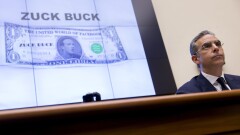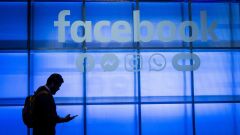It was an attention-grabbing decision when
What was more confusing was that Marcus wasn't helming a new payments unit but instead Messenger, a chat app with no built-in payments capability. The obvious path would be to shoehorn a P2P payments functionality, making Messenger operate more like Venmo. But that wasn't meant to be the endgame.
"
This story was compiled from reporting by PaymentsSource writers including John Adams, Kate Fitzgerald, David Heun, Michael Moeser and Daniel Wolfe.











